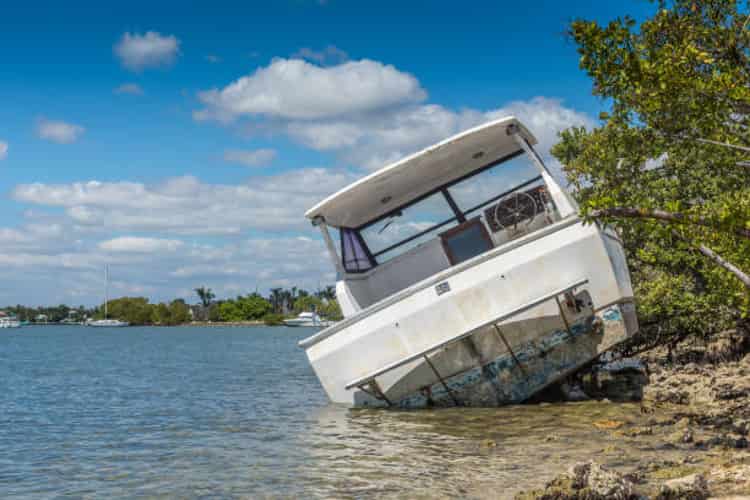
Whether you own a boat or not, you’re probably wondering, “Do I need boat insurance?” You might be concerned about your insurance coverage for collision protection and collision-related damage. If you’re not covered, you may need to pay out of pocket for any damage to your boat or other property.
Liability Coverage
Getting the right coverage for your boat is essential. Liability coverage protects you from lawsuits if someone is injured on your boat. It also pays for damage to other people’s property. You can add extra coverage to protect yourself from more than just liability.
Medical Payment coverage pays for first aid treatment and hospital costs for you and your passengers. It also covers pain and suffering and loss of income. However, it doesn’t cover the total cost of the accident. For example, if you’re hit by a car while on a boat, you might get medical coverage for your injuries, but you won’t get it for the rest of your medical costs.
Damage to your boat or to the property of others is covered by property coverage. This covers harm brought on by fire, vandalism, and other hazards. Additionally, you might be covered for storm or hurricane-related damage.
Property Damage Liability
Purchasing boat insurance newark de can be a good idea for several reasons. It helps protect your watercraft from damage, theft, and environmental hazards. It can also cover expenses if you are in an accident. However, before you purchase a policy, you should determine what type of insurance you need.
There are several types of boat insurance, but they are generally divided into two distinct sections: liability and property. Liability coverage helps cover legal expenses if you cause an accident and can help pay for legal defense in a lawsuit.
Medical payment coverage is another essential part of boat insurance. It pays for medical and other expenses if you or someone else is injured on the water. The most basic form of this coverage pays for first aid, but some policies offer extras, like providing medical assistance to passengers towed behind the boat.
Uninsured/Underinsured Boaters
Getting the right coverage for your watercraft is critical to protecting yourself and your passengers. Whether you own a sailboat, a pontoon, or a speedboat, you’ll need to purchase coverage to ensure you’re protected in an accident.
Liability coverage pays for any injuries or damages you cause to another boater or another person’s property. The amount you receive depends on your policy’s limits and deductible.
Comprehensive coverage provides compensation for damage to your watercraft, including damages caused by fire, theft, or vandalism. You may also add medical payments coverage, which pays for medical expenses related to an accident on the water. You can also purchase additional coverage for fishing equipment, roadside assistance for your watercraft, and personal property insurance.
Coverage For Damage Caused By a Collision
Getting boat insurance can help you protect yourself in many situations. It covers damage caused by collisions, theft, and vandalism. It can also pay to replace your boat after a storm or another event. Getting an accurate quote is essential.
Boat insurance includes liability, physical damage, and medical payment coverage. Liability insurance covers damages you cause to other people’s property. It is a good idea to purchase a higher deductible. This will reduce your insurance premium.
Medical payment coverage pays for medical expenses, including x-rays and ambulance rides, if you or a passenger on your boat is injured. It is usually capped at a few thousand dollars.
Physical damage coverage covers damage to the boat, its hull, and the equipment used to operate it. It can also include the trailer and personal property kept aboard. It continues to cover the boat when it is stored on land.
Coverage For Everyday Wear and Tear
Whether you own or rent a boat, it’s essential to understand how your insurance policy works. It’s also a good idea to know about some of the exclusions that apply to you. Insurance companies will often give you credit for not using your boat, but they may only cover you for some of the things you would typically think were covered.
One of the more common exclusions is wear and tear. This is a clause that protects an insurer from liability when a customer causes damage to the insured item. It also allows the insurer to exclude the cost of all losses, not just the item itself. It is often used in the context of hail damage or vandalism but is also present in boat insurance policies.



